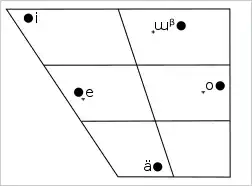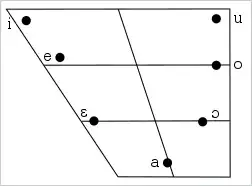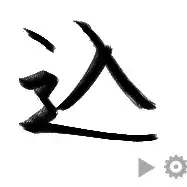OK, this has been driving me nuts. My friend and I have been learning Japanese off and on for many years, though neither of us are fluent. We got into an argument about the pronunciation of 'え'.
My textbooks said it was an English "short e" as in "bet" or "step." In my opinion, that's the IPA [ɛ]. That's how I've always pronounced it (unless it's a long ええ and then I use [e:]).
My friend was pronouncing it like the Spanish "e", closer to the English "long a" sound (although not a diphthong) and like the IPA [e].
The wikipedia page on this is inconsistent. It says it's the IPA [e] sound as in American English "bet," but that is definitely not the way I or anyone I know pronounces bet! Here's "bet" in wikitionary, agreeing with me.
When I play clips of Japanese audio and listen closely, I hear [e] in some words and [ɛ] in others. What the heck is going on here? Is there any kind of rule, does it vary by speaker, does no one notice or care?
This difference is very noticeable to me when my friend is pronouncing it. Possibly she's Englishizing the vowel a little bit. When listening to native speakers, I have to focus slightly to hear the difference, but it's still very obvious. What gives?


